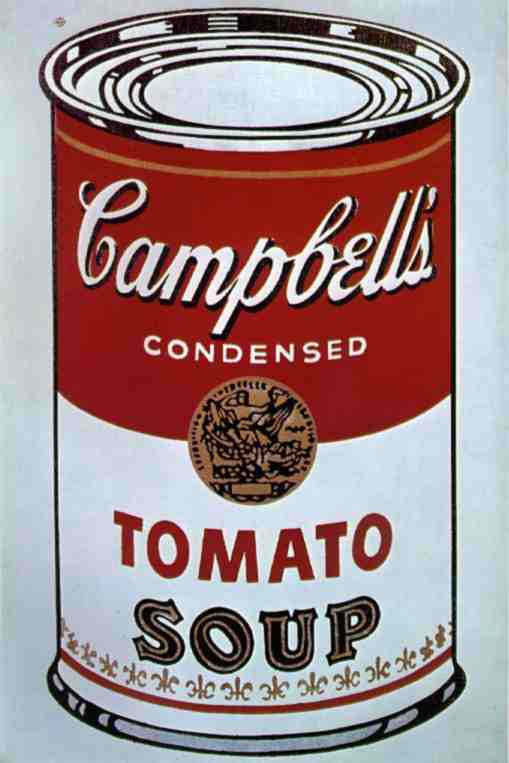Commercialism in Art
An emerging conversation in Modern Art is the commercialization of “classic” modern art pieces. Fantastic art eventually becomes commonplace in this era of over commercialism. Because of this, the true significance of the art is often lost in translation.One example of this is Van Gogh’s Starry Night. In class most students could recognize the painting displayed on the screen, but were unable to identify the artist, the era, or the history of the art. As art students, it is important to figure out how to feel about these images-which were originally acclaimed because of their originality- being mass produced and at times “softening” the impact of the work. Should we praise culture today from spreading this art? My argument is essentially that this commercialization can only lead to the increasing education and interest in art. Although the image itself may never again stand on its own without being identified with its modern “interpretation” (ie the print on a pair of socks) However, when one does stop to analyze or simply take in the image, the result could likely be a furthering interest in art or even more, creation of art. One thing that is an essential component of modern art, is in fact, this re- interpretation or creation of older art and styles and reevaluation of what we consider as art. For example, Andy Warhol’s art was centered on commercialization. His art acted almost a satire of traditional art forms and the glorification of such styles. If Warhol saw the images of starry night “on dorm walls” so to speak, he likely would have laughed at, but supported the work. Despite the art being mass produced for profit, commercialism has grown to make modern art what it is. Jeff Koons, another more recent modern artist admits that he aims for profit with his creations. This commercialism is definitely something to watch in the art world. It will be interesting to see how it progresses and effects other art we study through the course.
 |
| Starry Night Socks |
 |
| Warhol's Commercialism |




No comments:
Post a Comment